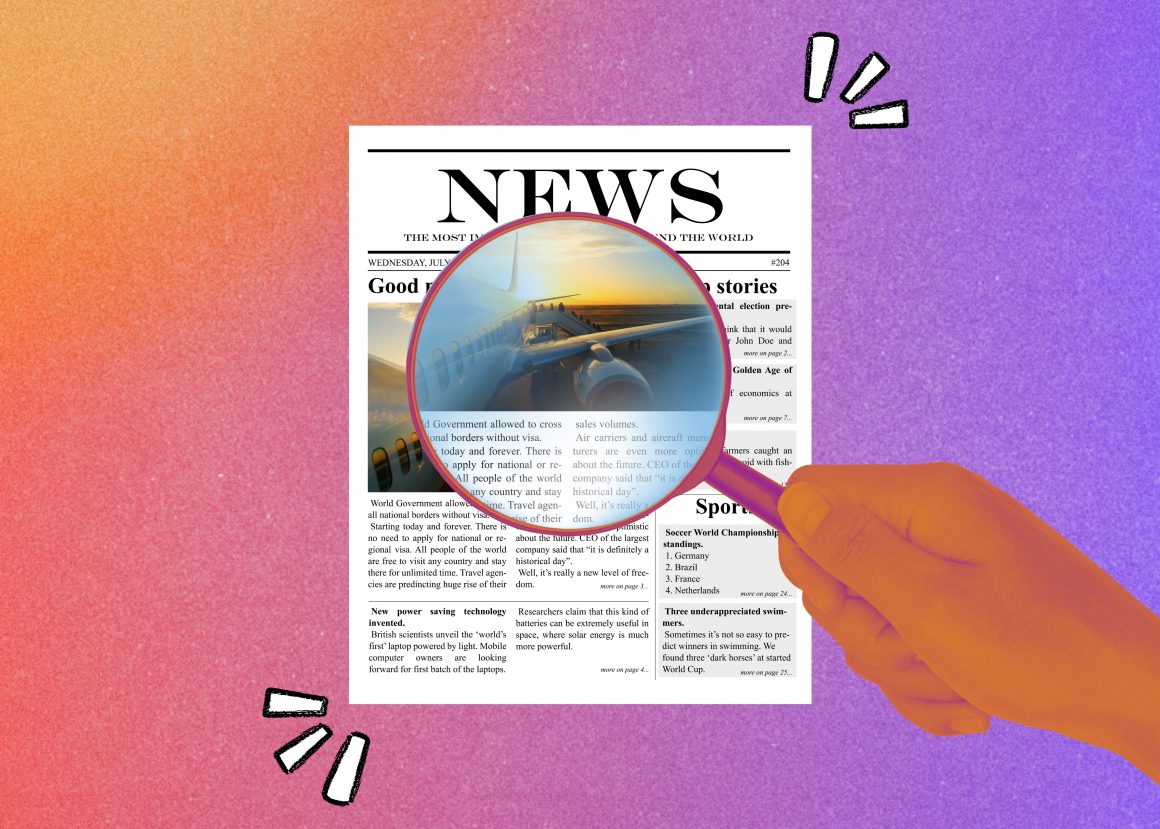
U of C library releases misinformation toolkit for students that could potentially be made into a certificate program
By Nazeefa Ahmed, March 6 2024—
Library and Cultural Resources at the University of Calgary released “Building Resilience to Misinformation: An Instructional Toolkit” to provide a guide for students and faculty on how to detect misinformation in academia and online. The toolkit was created with the support of the provost’s office, the U of C’s Teaching and Learning grant program and Libraries and Cultural Resources.
In an interview with the Gauntlet, U of C Librarian Justine Wheeler explains why misinformation education is critical for students given the prevalence of false information online.
“We have a disruptive information landscape at the moment so it’s very hard to know what’s true and what’s false,” said Wheeler. “A lot of information on social media is put out by troll farms or agents of disinformation, and they’re very, very sophisticated. So to be able to have some clues on how to identify it is one part of it.”
“Another part of misinformation is understanding some of the logic fallacies behind arguments that are put out there by disinformation campaigns, and understanding how we approach information and so see it, and are more willing or less willing to believe it,” Wheeler continued.
The toolkit has four evidence-based modules: Introduction, Encounters with Misinformation, the (Dis)information Landscape and Information Response. Wheeler states that the toolkit is designed for teaching faculty to incorporate into their classes but that students can still access it on their own, as this is an open educational resource.
“The target audience is teaching faculty,” said Wheeler. “So the point of the guide is to help them engage with students on the topic of misinformation and different disciplines, come at misinformation from different ways and different faculty have different experiences. So we wanted to honour and respect that and make something that they could take the components they wanted to use — to make it right for their classes.”
Wheeler describes misinformation as incorrect or misleading information and disinformation as information that is deliberately shared to deceive. She states that while presenting the early stages of the toolkit to students, many were not aware of the difference.
“A lot of students don’t understand the difference between missing disinformation. They don’t know about troll farms and the fact that a large percentage of the content online is actually false or created for propaganda, especially on social media platforms. It’s a very interesting field.”
Wheeler states that there may be a possibility to make the toolkit into a certificate program that students can complete for a badge. She would like to make misinformation training a standard for the U of C community.
“We are working on our plans for the future right now and I would love to see that because it is a very complex field,” said Wheeler. “It’s also a moving target. Now, we also have AI that’s coming up which will be right for some types of misinformation.”
In addition to Wheeler, co-investigators for the project include, Susan Beatty, Diane Lorenzetti, Heather Ganshorn, Renee Reaume, Rob Tiessen, Bronte Chiang, John Wright as well as student research assistant Matthew Halajian. The project falls under the direction of Mary-Jo Romaniuk Vice-Provost of Libraries & Cultural Resources.
More information on the toolkit can be found on the U of C website.
